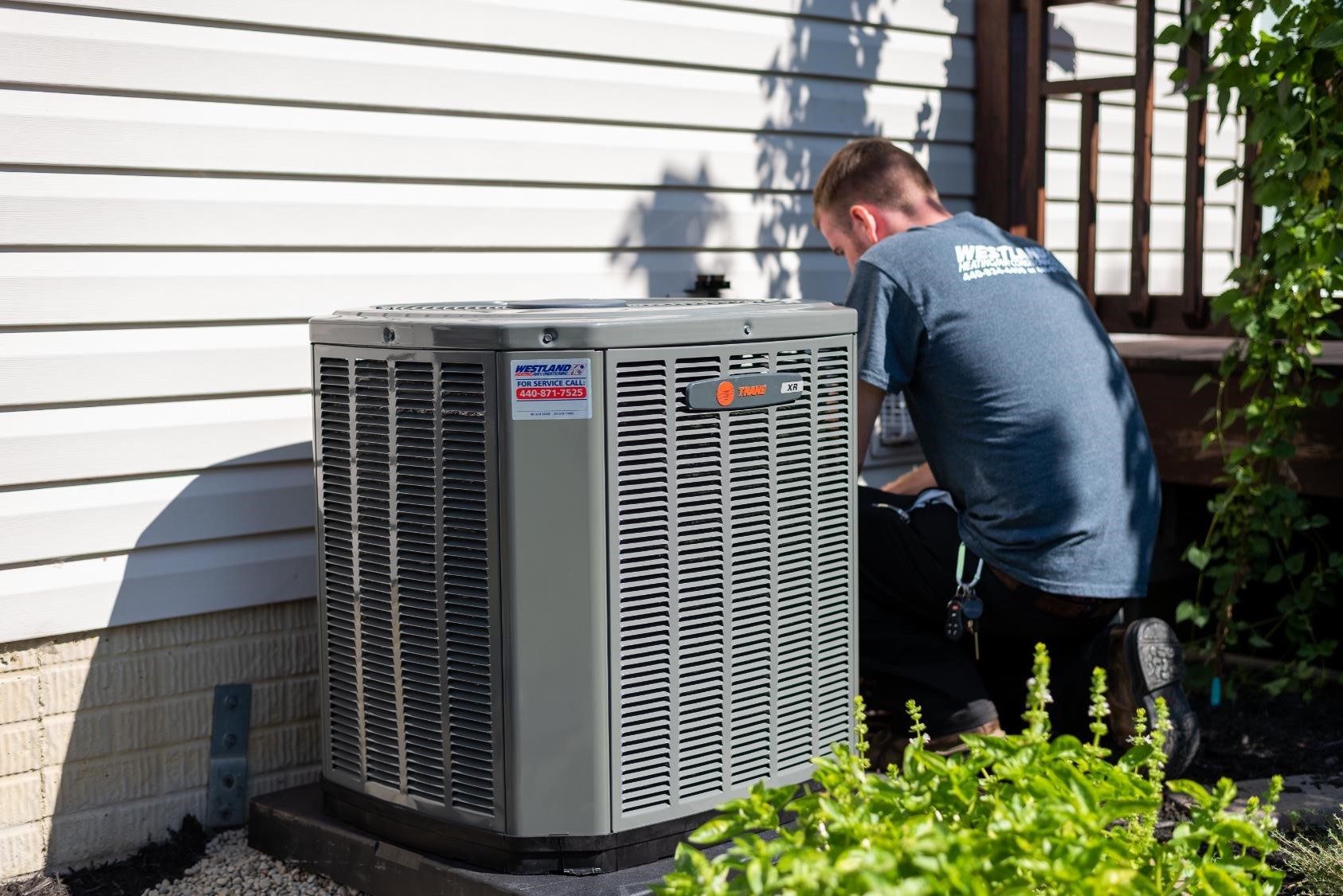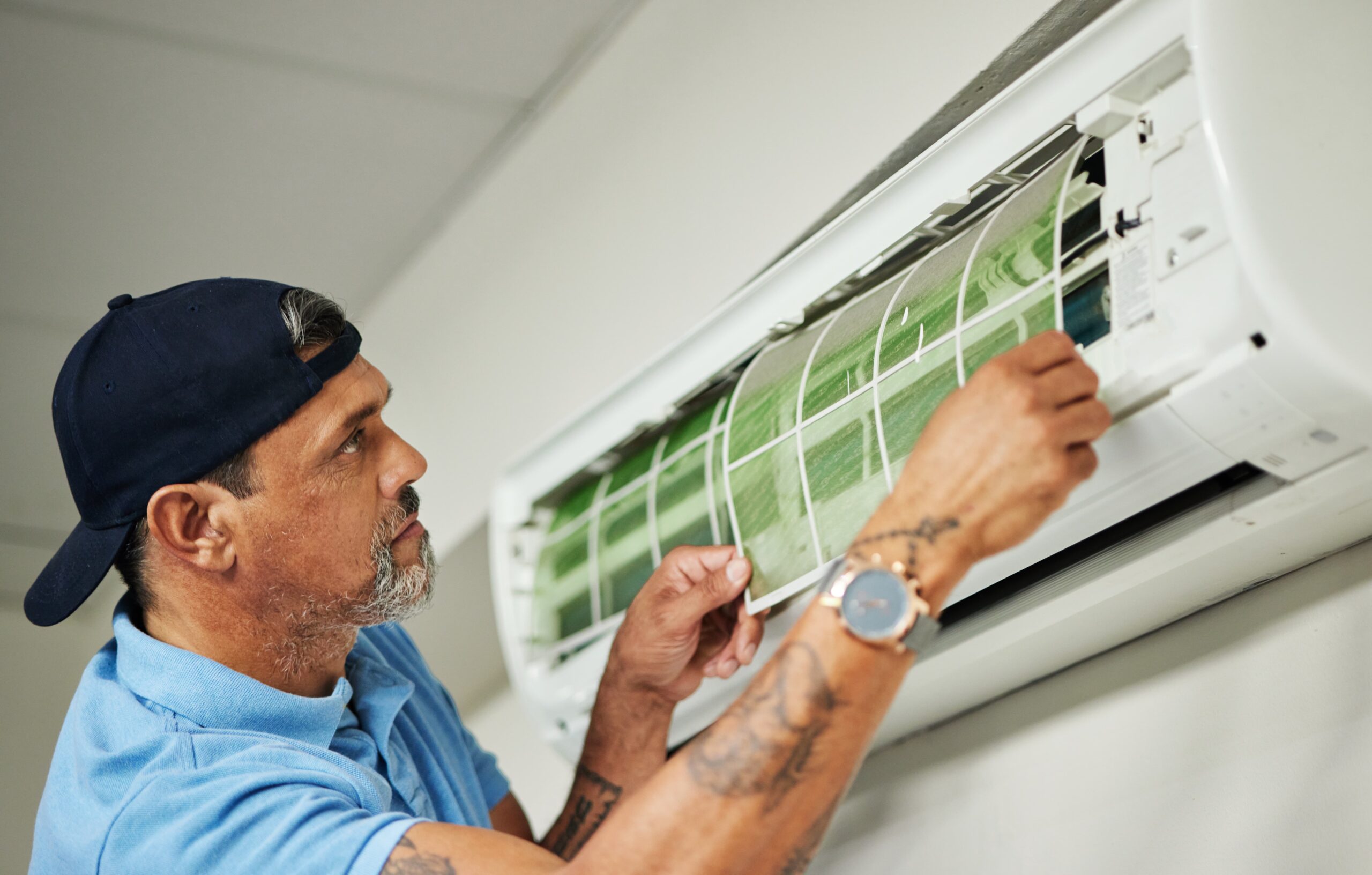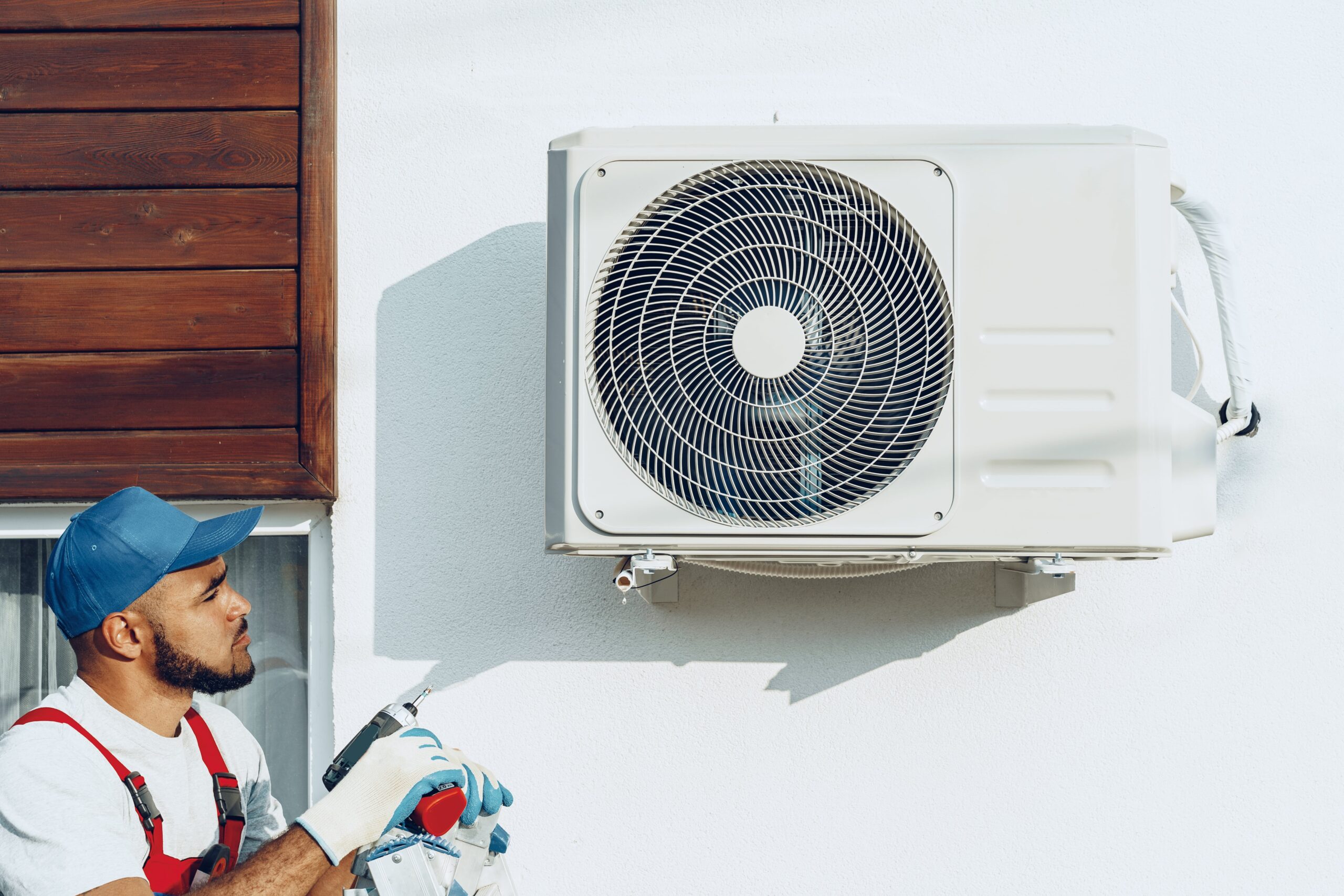If you go online and start reading about indoor air quality, you’ll find countless articles and blogs about how your indoor air is swarming with dust, dirt, viruses, high and low humidity, particles… the list goes on. It’s enough to make you want to rush out and go buy an air filter immediately.
But there’s a problem with that. It’s the same as reading about all of your symptoms online and being convinced that you now have some sort of incurable illness. However, you wouldn’t want to go out and buy medicine for an illness that a doctor hasn’t diagnosed you with.
Likewise, we don’t think you should go spend money on air filtration systems until your home has been properly diagnosed by a qualified HVAC contractor. Here’s what you should do instead:
Start With an Air Quality Test
If your allergies and asthma symptoms are frequently triggered within your own home, or you can see particles of dust floating through sunbeams, and your tables are constantly collecting dust… You might very well be onto something. Just make sure to have your suspicions confirmed with an air quality test.
Before suggesting any air filtration systems, an HVAC technician can arrive to test your air and find out exactly what your biggest contaminants are. The results might surprise you. Some examples of what can turn up on a test include:
- Excessive amounts of dirt, dust, and pet dander.
- High traces of chemical pollutants, such as those found in air fresheners and household cleaners.
- Mold spores or other harmful bacteria.
Then Go for Installation
Only after you’ve had your air tested should you then work with an air quality expert to find the right solutions. Keep in mind that resolving air quality issues is often a comprehensive approach and not a simple cure. For example, it may be found that some parts of your home can benefit from an air filter, while others should use a particular type of air purifier. You should work with an expert so that you can install the right systems from the very beginning.
Some types of filters and purifiers you may need include:
- Mechanical air filters: These are the filters you probably have in mind. These filters are made of a material like mesh or cotton and inserted into the HVAC system, where it will prevent particles of certain sizes from passing through.
- Air purifiers: Air purifiers work a bit differently than filters. Electric air purifiers will charge the air with electricity to pull the particles in, make them fall to the ground to be disposed of during regular vacuuming and dusting, or can be put absorbed into activated carbon. The best approach depends on which contaminants are active in your home.
- UV Air purifiers: For mold spores, bacteria, and viruses, a normal filter or purifier just won’t do. For that, you need air purifiers with ultraviolet lights. These lights are harmful to the microorganisms and will eliminate them on the spot.
To learn more about finding the right air quality system, contact Westland Heating & Air Conditioning.




